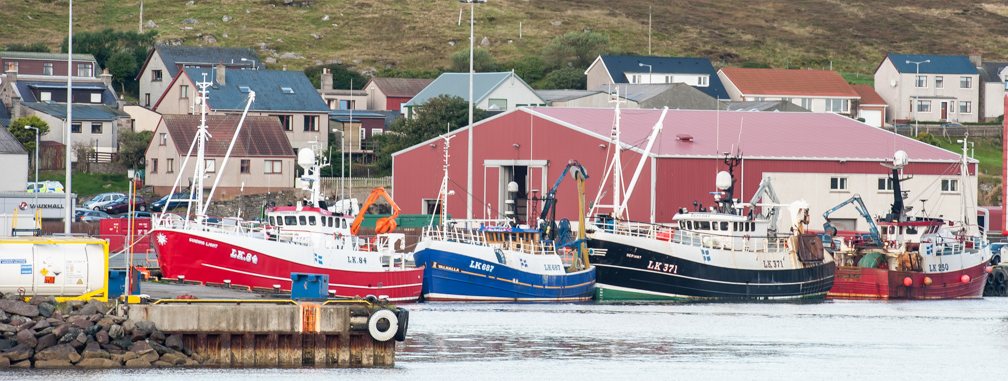Professor: Discards ban could harm wildlife

A fishing industry leader has supported a far-reaching university report which claims a ban on discards could cause harm to wildlife.
Executive officer of Shetland Fishermen’s Association (SFA), Simon Collins, has called for more flexibility from bureaucrats in dealing with the thorny issue of how fishermen should deal with unwanted fish.
New reforms to the European Union’s Common Fisheries Policy, which took effect on 1st January, will phase out fish discards between 2015 and 2019.
However, a study led by the University of Strathclyde, suggests the reforms may have unintended consequences.
Professor Mike Heath, who led a research team from the university’s department of mathematics and statistics, said although the ban had good intentions, the outcome was altogether uncertain. He said discarded fish provided food for “a wide range” of seabirds and marine mammals, as well as other fish. Banning discards, he insisted in a study published in the journal Nature Communications, could have a deep impact on the ecosystem.
His comments were backed by Mr Collins, who says a more measured approach is needed to effectively manage Shetland’s mixed fishing grounds.
“It’s not for the first time, by a long chalk, that we’ve had subjective scientific research which backs up what our fishermen have known and have been saying for years – in this case, that discards do not necessarily mean waste.”

Mr Collins said “no fisherman” was in favour of throwing away dead fish.
But he said isles’ fishermen, among others, had been seeking effective ways of reducing discards for 20 years or more. He added better progress could be made if key policy makers – or “bureaucrats” – showed a greater willingness to listen to those who went to sea.
“The catch is – and it’s something that a lot of politicians and certainly bureaucrats haven’t realised – that sometimes in a very mixed fishery, which we have in Shetland, you either catch fish you don’t have quota for or that nobody wants.
“In that case our position has always been that it’s better to return them to the sea rather than dump them on land. One serious prospect mooted for a while was that these fish that nobody wanted would have to be brought in and dumped in landfill. That obviously benefits nothing.
“What we’re saying is that, for us, discards are a waste for fishermen – always. They are a waste of time and a waste of fuel and cause wear and tear on gear. They aren’t necessarily a waste – never have been – for the eco-system, and this is what this report says.
“Fishermen know that where fish are discarded plenty more fish come back next season. There is a very strong suspicion that nothing ever discarded ever gets to the sea-floor. It’s eaten somewhere along the way, either by the birds at the top, sea-mammals or other fish.
“What we want are sensible measures on discards, and not the ideology that’s been driving it.”
For the full story, pick up Friday’s Shetland Times or read the online edition.




NO COMMENTS
Add Your Comment